Look Sports Media – MSI 2025 is over, and the results are in: Europe’s LEC has suffered a catastrophic collapse on the international stage. Both Movistar KOI and G2 Esports, EMEA’s representatives, failed to win a single series in the Main Stage, a performance so abysmal it begs the question: has the LEC lost its identity, and more importantly, its edge?
G2’s struggles began even earlier, barely scraping by in the Play-Ins. Their eventual 3-0 defeat to FlyQuest, a North American team, was particularly embarrassing. This marked the first time an APAC team had won a best-of-five against a "major region" in over a decade, a shocking upset echoing the Taipei Assassins’ 2012 Worlds victory. Europe’s overall record against NA in the last two years now stands at a dismal 3-13.

While some might attribute this to a confluence of factors – a challenging format, exceptionally strong opponents like the seemingly unstoppable FlyQuest roster, and even a Taoist temple visit by a CFO player’s grandmother – the truth is far less mystical. The LEC’s international struggles have been brewing for years, culminating in a series of lackluster performances at MSI and the last two World Championships.

Related Post
The performances themselves were alarming. A distinct lack of aggression, creativity, and even basic confidence plagued both G2 and MKOI. They played not to lose, but to avoid defeat, a stark contrast to the aggressive, innovative style that once defined European League of Legends. This passive approach, analysts suggest, allowed superior opponents to dictate the pace and ultimately secure victory.
Former LEC coach YamatoCannon’s 2018 rallying cry – urging teams to trust their own style – now rings hollow. Seven years later, the LEC finds itself far removed from the golden age of Fnatic and G2’s dominance. The shift towards a more "consistent and stable" G2, mirroring Pep Guardiola’s approach in football, has resulted in a predictable, unimaginative team. Former pro Meteos highlighted this issue, emphasizing the importance of risk-taking and the value of high-risk, high-reward plays.
The blame game is already in full swing. While questionable off-season decisions and roster shuffles, particularly at Fnatic, are under scrutiny, the issue runs deeper. The LEC’s talent pool isn’t the problem; the development and nurturing of that talent is. Rookies are often treated as disposable assets, hindering the growth of a new generation of stars. The loss of veteran players like Jankos and Perkz, coupled with a lack of investment in academy teams, further exacerbates the situation.
The LEC’s identity crisis is real. The region needs to rediscover its aggressive spirit, invest in its young talent, and foster a culture of confidence and belief. Until then, the future of European League of Legends remains uncertain. The question remains: can the LEC reclaim its former glory, or is this the beginning of a new, less dominant era?

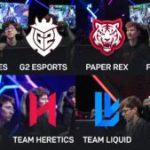
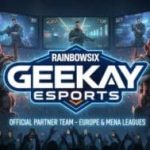


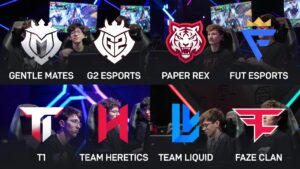
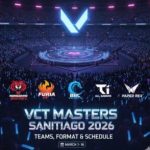
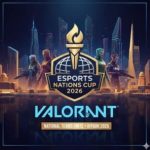
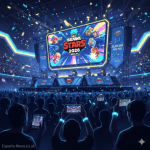
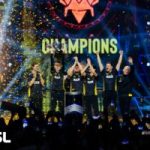
Leave a Comment